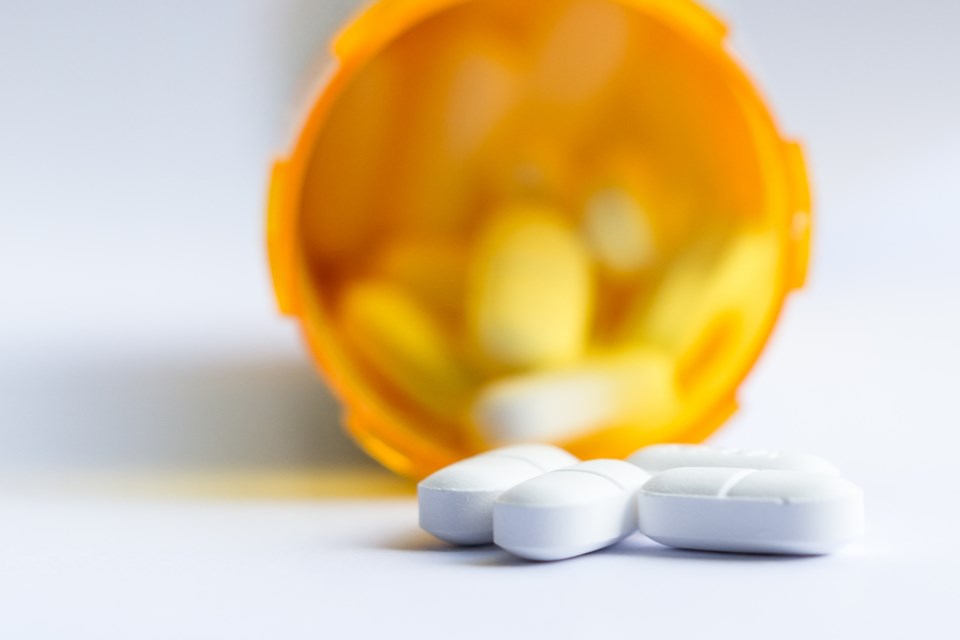Editor's note: The Longmont Leader accepts contributions, photos, and op-eds for publication from community members, business leaders and public officials on local topics. Publication will be at the discretion of the editor and published opinions do not represent the views of The Longmont Leader or its staff. To submit a contribution, email [email protected].
***
Starting this month, the emergency department at Longmont United Hospital, along with all Centura Health emergency departments and urgent care centers, will be infusing the opioid epidemic gripping our state with empathy for those struggling with addiction, and compassion for their families. Centura Health is the first health care system to put the powerful overdose antidote Naloxone directly in the hands of those in greatest need.
Centura Opioid Response Coordinator Mary Beth Savory said, "The opioid epidemic continues to devastate our communities, and the COVID-19 health crisis is making matters even worse." Statewide, experts predict 2020 could bring a more than a 60% increase in drug-related fatalities and an overwhelming 300% increase in overdose deaths from the opioid drug Fentanyl.
"The stress of the pandemic is triggering everything in the human psyche that motivates unhealthy choices, and for those facing drug use disorder, anxiety, depression and isolation are deadly. Now more than ever, we must strive to provide those suffering with this disease the tools that could save their lives."
Naloxone is an opioid antagonist — meaning it blocks the effects of opioids on the brain and can rapidly reverse an overdose. While hospitals and paramedics have been using Naloxone successfully for decades, it's become more readily available to the public by prescription in recent years. However, many frontline caregivers say they’re still seeing far too many deaths — this disorder comes with a great deal of shame, denia0, and confusion and for that reason, far too few prescriptions are being proactively filled. What we're doing at Centura is physically putting Naloxone in the hands of those in need, giving them and their families a way to reverse a tragic situation and the opportunity to seek treatment.
Opioid use disorder is a manageable illness. With treatment, it is possible to counteract the disruptive effects opioids have on the brain — but it's not easy. Relapse rates are estimated between 40% to 60%.
"This drug has completely hijacked parts of a user's regulatory brain so they can't make good decisions without help," Savory said.
Naloxone offers another chance at a better life — it's 99% effective and easy for anyone to administer as a nasal spray.
"We're losing far too many people to a very difficult but manageable disease,” Savory said. “Centura is meeting those in need where they’re at in their journey and the opportunity for a second chance at taking the path to recovery."
***
If you have topics, questions or concerns you would like addressed in this column, please email [email protected].



